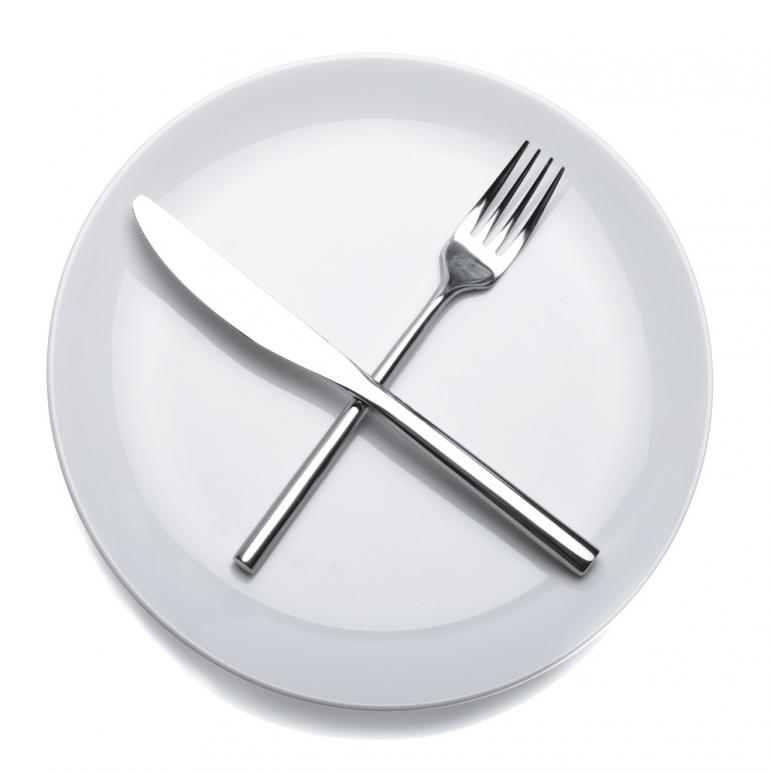
By Abby Mayle
During the time of spring most Catholics and some other branches of Christianity take part in a season known as Lent. During this time, participants fast by sacrificing something they enjoy; candy, perhaps, or eating meat on Friday. Lent lasts for 40 days and 40 nights and is used as a reminder of self-control and penance for sins. As a Catholic myself I’ve known about this activity for a long time, although there are many other cultures and religions that participate in a fasting “season” that I was unaware of.
Bahai, for example, is a religion that I’d never heard of until recently. It is a religion that teaches and preaches the importance of all religions and the significance of unity and equality in all forms. They fast from March 2 to 20 from sunrise to sunset and they do it so that they can focus on their love of god and their spiritual wellbeing.
Another religion that features fasting is Buddhism. Buddhism is a religion or philosophy with the goal of helping practicioners lead a moral life and obtain wisdom and understanding. They practice their fasting during times of the full moon and on other holidays. Generally, the way they do this is by not eating anything and only having drinks. They use this as a method of purification and freeing the mind.
Hinduism is another religion that fasts. Although it is hard to really pinpoint specific and basic beliefs of Hinduism, but the general idea that I gathered is that they believe that every human and animal on the planet has a soul and their goal is to become part of the “supreme” soul. As for their fasting, they fast during the new moon and during certain festivals. Women in North India also fast on Karva Chauth. Usually they fast for 24 hours although some fast without any kind of food or drink and others, while they don’t eat, do take a drink of milk or water on occasion throughout the day. They do this in an attempt to enhance concentration, purify themselves, and is sometimes considered a form of sacrifice.
Next on the list of religions is Judaism. They have eight fasting occasions, the most well-known being Yom Kippur and Tisha B’av. On these two holidays there is generally no eating or drinking from sundown to sundown, where as on most other holidays they only fast from sunrise to sundown. Generally, these holidays are used as a form of atonement or for a special request from god. Tisha B’av is used for that, but also as a way to remember the destruction of one of their temples.
Mormons honor he first Sunday of every month as a fast day where, similarly to other Christian faiths, the individual can decide what they wish to fast on. In addition to that they also fast on food and drink for two consecutive meals and donating their food and/or money to those in need. After church services on those days they have a “fast and testimony meeting”. They do this to obtain concentration and closeness to god. Their individual fasting could also be used for that individuals benefit in a way of requesting something for god or betterment of one’s self.
Another holiday that includes fasting is Ramadan and it is celebrated by the followers of the Muslim faith. It takes place during the ninth month of the Muslim calendar and is used to commemorate the day the Qur’an was revealed to the prophet Muhammad. In celebration of this they refrain from food, drink, smoking, crude language, and sex from the break of dawn to the sunset for that entire month. They do this in remembrance of their prophet and as a way of sacrificing to their god.
The final religion/ belief that I found with some kind of fasting in their culture were the pagans. There is no set day for when they fast, but some of them do before the Spring Equinox. While some avoid food completely others just lessen the amount they actually eat. This practice is generally used to purify their energy and to raise their vibration levels as a form of preparation for magical work.
In a lot of ways fasting can be seen in an exercise in self discipline and it can positively affect your life. Even if you don’t celebrate one of the religions listed I hope that this was a learning experience if nothing else and maybe you’d be interested in trying it yourself sometime.
Share article on:

